Ashrafi calls for global action against India
Claims Delhi has major role in promoting terrorism in Pakistan, Canada
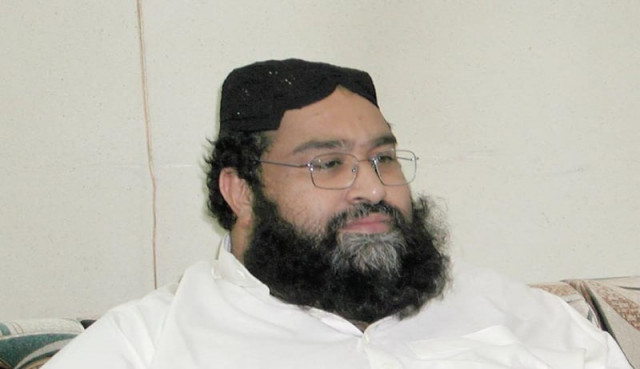
In a gathering of religious and political leaders, Hafiz Muhammad Tahir Mehmood Ashrafi, the chairman of the Pakistan Ulema Council (PUC) and president of the International Interfaith Harmony Council, raised concerns about India carrying out state-sponsored terrorism in the country.
At least 55 people, including a policeman, died and 60 others were injured when a suicide bomber targeted an Eid Miladun Nabi procession in the remote district of Mastung, Balochistan.
The attack took place during the preparations for Friday prayers and celebrations of Prophet Muhammad’s (PBUH) birth anniversary.
Five more succumbed to their injuries during treatment at a hospital, taking the death toll to 60.
Speaking at the Seerat-e-Rehmatul Alameen Conference held here on Sunday, Ashrafi urged the international community to take collective action against the Indian government, citing recent incidents in Canada and Pakistan that he believed highlighted India’s role in promoting terrorism.
Recently, Ottawa levelled allegations that New Delhi had a Canadian Sikh national executed on its soil, triggering widespread condemnation and protests.
The PUC chairman also pointed to incidents in Sargodha and sectarian tensions in some parts of the country, alleging India’s interference was fomenting unrest.
He emphasised that India’s actions were detrimental to global peace and stability, referencing the Canadian Prime Minister Justin Trudeau’s recent statements.
To address these concerns, Ashrafi announced plans to organise joint public gatherings across Pakistan. He condemned an incident in Turkiye, clarifying that Pakistan had no issue with any church, but propaganda by a certain community was causing problems.
Ashrafi called for proper enforcement of laws against those who were engaging in illegal activities, emphasising the need for justice and global recognition of the rights of Muslims in Palestine and the Kashmir issue.
The conference, attended by over 500 scholars and religious leaders, concluded with a joint resolution to promote unity among different religious and sects in Pakistan.
Prominent speakers at the conference included Bishop Asad Marshal, Father Iamanual Khokar, Allama Abdul Haq Mujahid, Maulana Muhammad Rafiq Jami, Maulana Muhammad Khan Laghari, Maulana Asadullah Farooq, Allama Zubair Abid, Allama Tahirul Hassan, Maulana Ubaidullah Gurmani, Mufti Umar Farooq and many others.

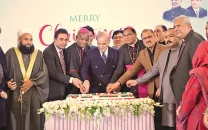

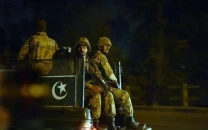


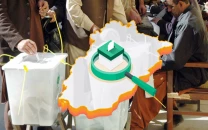


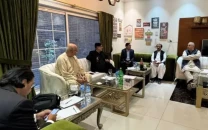

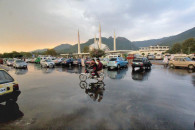
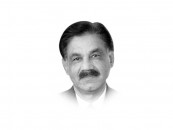



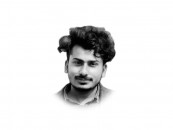
COMMENTS
Comments are moderated and generally will be posted if they are on-topic and not abusive.
For more information, please see our Comments FAQ